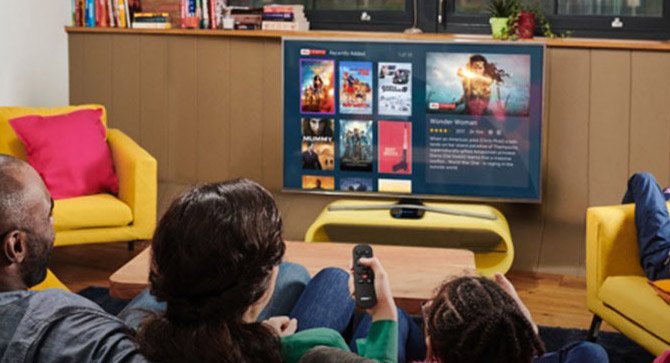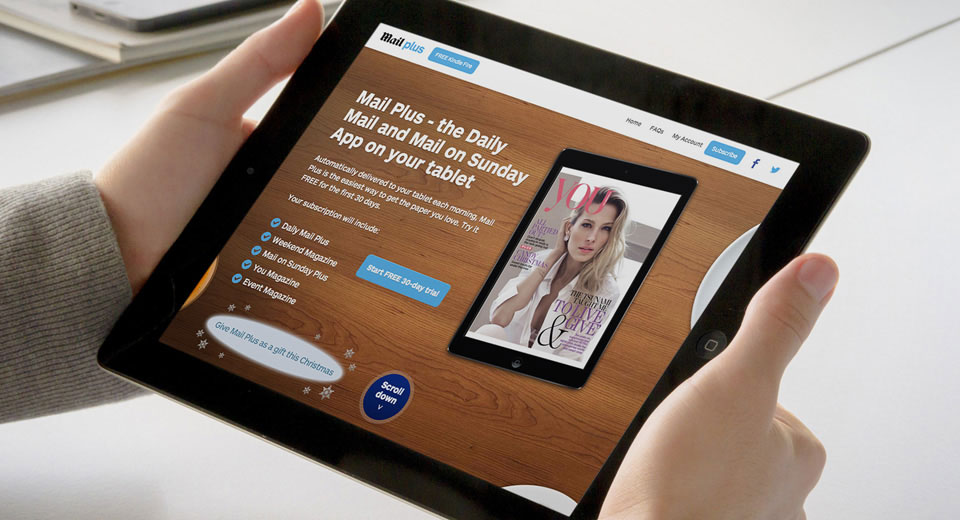Paywall Subscription Services Set to Thrive in the Digital Future
The internet has shaped and reformed the way enterprises do business with several ecommerce companies springing up as a result.
Firms operating in physical stores have also adopted the internet as it needs to compete with those offering lower prices and convenience of online selling.
The same is true for the newspaper industry, which has been ravaged by the digital arena. As soon as the internet became a part of people’s lives, they have used it to receive their daily news instead of the newspaper.
As a result, print sales are dwindling and news corporations have been forced to jump onto the internet to offer their journalism services.
The problem many have had is monetisation and some have chosen to implement a paywall in order to get people to subscribe to the service. When this first happened, individuals were less inclined to spend money on such a thing, however, this is slowly changing.
According to the PricewaterhouseCoopers Entertainment and Media Outlook, people in the UK and US are now more accepting of paywalls and trust them with their information and this is a trend that is happening around the world.
For example, digital newspaper circulation spending in South Africa is expected to grow by a compound annual growth rate of 75.2 per cent by 2017, ITweb.co.za reports.
Digital media is gaining a head of steam and is showing no signs of slowing down. This has been further fuelled by the increase in mobile device shipments around the world. PC sales have taken a drastic hit in recent years as a result of the boost in tablet and smartphone adoption.
This means the consumer is now more mobile and can gain access to the content they want on the go. For news providers to really flourish they need to ensure they are offering their service across a range of platforms and if they have a paywall it is best to have one that works on all devices.
MPP Global allows companies to seamlessly put up a paywall that only requires the user to set up one account for all of their devices – whether it be their laptop, smartphone or tablet.
 us
us 






 Posted by MPP Global on
Posted by MPP Global on


